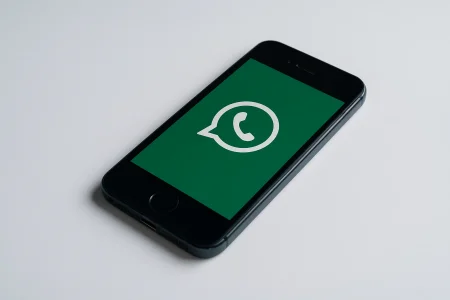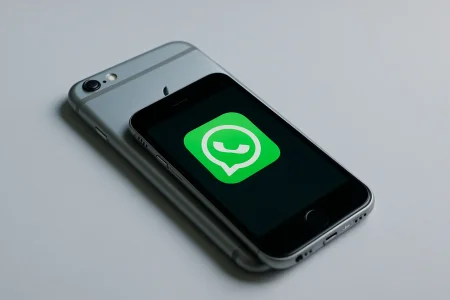
Quick Summary
iPhone 6 users face an app ecosystem collapse beyond just WhatsApp. Banking apps, social media platforms, and security features are systematically dropping support for iOS 12. Switching to Telegram or alternatives provides only temporary relief as these apps follow similar compatibility policies. The solution isn't finding workarounds—it's strategic upgrading to future-proof devices that ensure long-term digital participation.When WhatsApp announced it would stop supporting iPhone 6 and older models, many Nigerians quickly downloaded Telegram, thinking they'd outsmarted the system. The reality is harsher: your iPhone 6 isn't just losing WhatsApp—it's slowly being excluded from the entire digital world. Old phones create new problems that switching to new apps cannot solve.
Beyond WhatsApp: The App Exodus
One app leaves, others follow suit.Your iPhone 6's troubles extend far beyond messaging. Instagram has already restricted features for iOS 12 users, whilst banking apps like GTBank and First Bank regularly drop support for older devices. The App Store itself won't even display new applications to your ageing iPhone, creating an invisible wall between you and digital innovation.
This isn't corporate conspiracy—it's technological reality. Modern apps require security features, processing power, and system capabilities that iOS 12 simply cannot provide. When developers choose between supporting old devices or building cutting-edge features, progress always prevails.
False Hope: Why Alternatives Fail
Switching apps postpones problems, and it doesn't solve them.Many Nigerians are discovering that Telegram, Signal, and other WhatsApp alternatives face identical iOS compatibility issues. These apps follow similar support policies, meaning your temporary solution becomes tomorrow's disappointment.
The pattern is predictable: first, new features stop appearing on your device. Then, app updates cease entirely. Finally, the app stops working altogether. Moving from WhatsApp to Telegram merely changes the timeline—the destination remains the same.
Security Becomes Vulnerability
Old systems create new risks.Your iPhone 6 stopped receiving iOS security updates in 2022, making every app installation a potential security risk. Online banking, digital payments, and even social media become dangerous when your device lacks current security protocols.
Nigerian cybercriminals specifically target outdated devices, knowing they're more vulnerable to attacks. Using any financial app on an unsupported iPhone isn't just inconvenient—it's genuinely risky.
The Upgrade Reality
Progress demands investment, but investment can be strategic.Rather than fighting technological inevitability, consider your upgrade as a means of future-proofing your business. An iPhone 12 or newer ensures at least five years of full app compatibility, whilst iPhone SE (3rd generation) offers affordability without sacrificing longevity.
Local Nigerian markets, such as Computer Village, Alaba International Market, and similar tech hubs, offer refurbished options that strike a balance between cost and capability. Payment plans through networks like MTN and Airtel make upgrades more accessible than paying the full amount upfront.
Community solutions work temporarily.
Many Nigerian families share newer devices for essential services whilst gradually upgrading individual phones. This bridges the gap without forcing rushed financial decisions.
Planning Your Digital Future
As technology advances, we must adapt to it.The iPhone 6 served brilliantly for nearly a decade, but holding onto outdated technology now costs more than upgrading. Lost business opportunities, security vulnerabilities, and social isolation outweigh device sentiment.
Start planning now rather than waiting for complete digital exclusion. Set aside small amounts monthly towards an upgrade, research which model offers the best long-term value, and prepare for the transition before apps start failing entirely.
Old phones create new problems, but Nigerian ingenuity finds solutions. Whether through community sharing, strategic purchasing, or gradual upgrading, staying connected remains possible—it just requires adapting to technological reality rather than fighting it.




